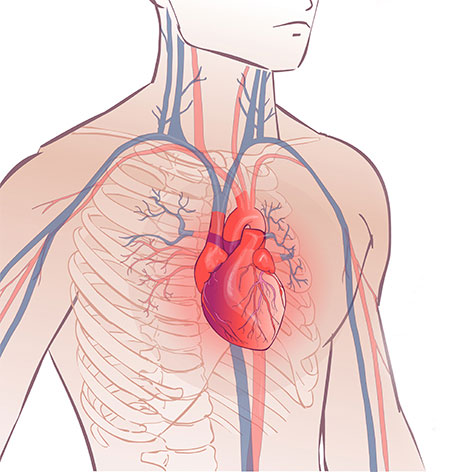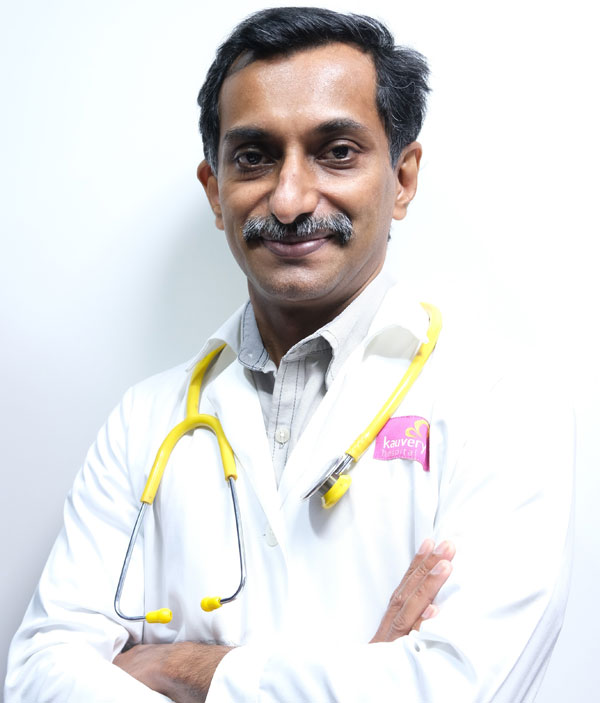Understanding the Heart of the Matter
The human heart is one of the first functional organs to develop. It starts beating and pumping blood around day 21 or 22 after fertilisation. This explains the importance of this organ in circulating blood through the vessels and in the vital exchange of nutrients and gases like oxygen and carbon dioxide through the body. The adult heart weighs around 250-350 gm and beats around 100,000 times a day assuming an average heart rate of 60-80/min.

Structurally it is composed of two atria and two ventricles, connected to two great vessels – the aorta and pulmonary artery. Functionally, these are separated into right and left sides by intervening walls or septae – the left or systemic chambers supply blood to the organs of the body including brain and kidneys and right or pulmonary chambers circulate blood through the lungs and aid oxygenation of the blood. Moreover, the electrical activity of the heart is controlled by pacemakers called SA node and AV node and other circuits.
Hence, a disease affecting the heart could result in:
- Pump failure or cardiac failure – inability to pump blood adequately to other organs
- Rhythm disturbances, including risk of sudden death
- Bluish discoloration of tongue and extremities with serious consequences if there is a communication between the left and right sides.
Coronary artery disease, which causes heart attacks is one of the leading causes of death worldwide. Cardiomyopathy, which runs in families, or viral myocarditis are frequent causes of cardiac failure.
Care for our heart starts with a healthy lifestyle – regular aerobic exercises or even a brisk walk of 30 minutes a day for at least five days a week is recommended. Eating a healthy diet low in fat, controlling stress and regular health check-ups aimed at detecting or controlling diabetes, hypertension and hypercholesterolemia could be considered as preventive measures. Quitting smoking and alcohol is equally important.
Advanced heart failure is a condition where medicines are no longer effective and the patient needs artificial devices to support the heart or the patient may need heart transplantation. Heart transplantation is a very effective and durable treatment that enables patients to lead a good quality of life and we here at Kauvery Hospital provide these advanced treatment options. Hence, while it is vital for all of us to take good care of our hearts during our lifetime, it is equally important that we together take a pledge to donate it after our death for the benefit of the ailing patients who otherwise have a survival rate of only 40 percent at 3-5 years.

Dr. Sujit. V.I
Consultant Cardio-Thoracic Surgery, Heart and Lung Transplant Surgery
Kauvery Hospital, Chennai

